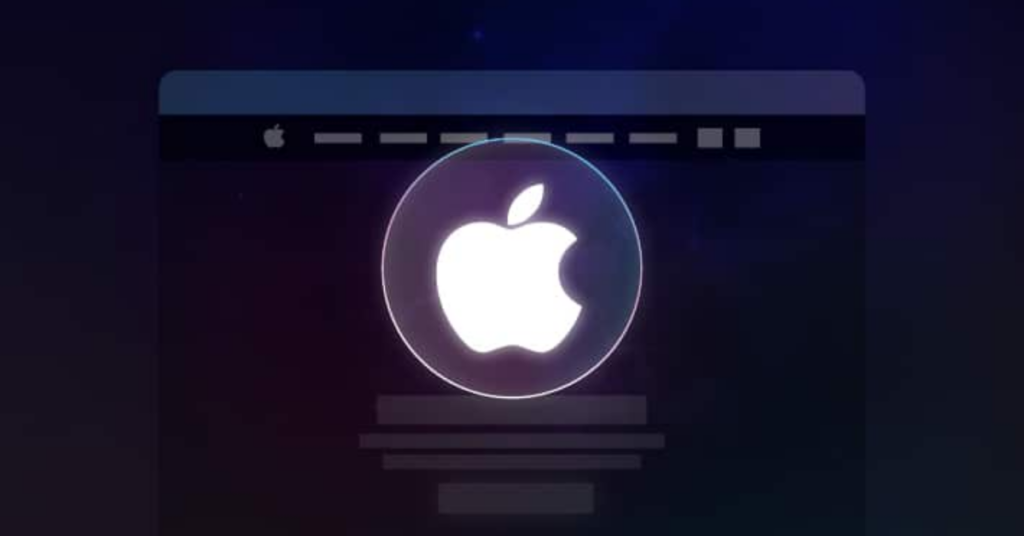In the fast-paced world of digital technology, it’s effortless to become engrossed in the excitement surrounding new innovations. The recent discussion surrounding ChatGPT and its potential to challenge Google’s search dominance is a perfect illustration. Although AI-powered tools are indeed transforming our online information interactions, it is important to approach the evaluation of their impact on established players like Google with caution.
Google’s Dominance
Let’s focus on the facts and eliminate any unnecessary distractions. It is impressive that Google continues to dominate the global search market with a staggering 91% market share. That’s more than just a number; it’s a clear demonstration of the tech giant’s impressive capacity to adjust and consistently provide value. So, although ChatGPT is undeniably impressive, it hasn’t exactly made Google executives nervous just yet.
However, it would be unwise to completely disregard the impact of ChatGPT. The conversational interface and impressive ability to generate responses that closely resemble human speech have captivated users around the globe. It’s an exciting new addition to the digital playground, and people are naturally eager to discover its capabilities.
The Reality of User Behaviour
However, it’s important to exercise caution in this situation. The enthusiasm surrounding ChatGPT hasn’t quite led to a significant change in user behaviour – at least for now. Consider this: when organising a vacation, you may seek ChatGPT’s guidance for some overall suggestions or inspiration. But when it comes to selecting a hotel? You’re likely to rely on Google to search for reviews and gain insights into real people’s experiences.
Why? Because ultimately, we are social beings. We appreciate the human touch, the personal anecdotes, and even the occasional rant about a hotel’s lumpy mattress. ChatGPT, with its impressive capabilities, presents information in an unbiased manner. It remains impartial and unbiased. It is unable to determine if a beach is ideal for families or if a restaurant serves the most exceptional pizza outside of Naples. Traditional search engines still maintain an advantage in that area.
The Human Element
The human element is crucial in maintaining Google’s relevance and value. It’s not only about discovering information; it’s about discovering the context, opinions, and experiences that deeply connect with us as individuals. That’s quite a challenging task for AI to emulate, regardless of its level of sophistication.
Now, it’s crucial for businesses to recognise the value of AI-driven tools like ChatGPT. Not even close. As the ever-changing digital landscape continues to evolve, it is imperative that we adapt our strategies accordingly. A prudent strategy would be to embrace a well-rounded approach. Harness the power of AI to optimise productivity and deliver rapid, accurate answers. However, it is important to remember the personal connection that fosters engagement and establishes trust with your audience.
Flexibility and Adaptability for Businesses
For medium-sized businesses, it is crucial to maintain flexibility and adaptability. Stay vigilant about the latest advancements in AI technologies, while ensuring that you don’t overlook reliable and proven methods. The importance of your SEO strategy remains unchanged. Your content should always prioritise the needs, concerns, and desires of your audience, ensuring that it resonates with them on a personal level. And your online presence should continue to encourage the sharing of genuine experiences and opinions.
What is the main point to remember? Progress, not drastic change. Although ChatGPT and other AI tools are causing a stir, they are not posing a threat to Google’s existence. Instead, they are revolutionising the digital landscape, challenging established players to think outside the box and embrace change.
Embracing the AI Revolution
As we progress, the companies that succeed will be those that find the perfect equilibrium. They will utilise the capabilities of AI to optimise operations and improve user experiences. However, they will also emphasise their distinctive qualities – their expert knowledge, their genuine tone, and their knack for building personal connections with customers.
So, let’s fully embrace the AI revolution, but let’s approach it with a cautious and informed mindset. The future of online search is not limited to the choice between AI and traditional methods. It’s all about discovering the perfect balance where both parties can thrive together and enhance one another. That’s where the true brilliance unfolds – and that’s where astute businesses will strategically position themselves for enduring success.




